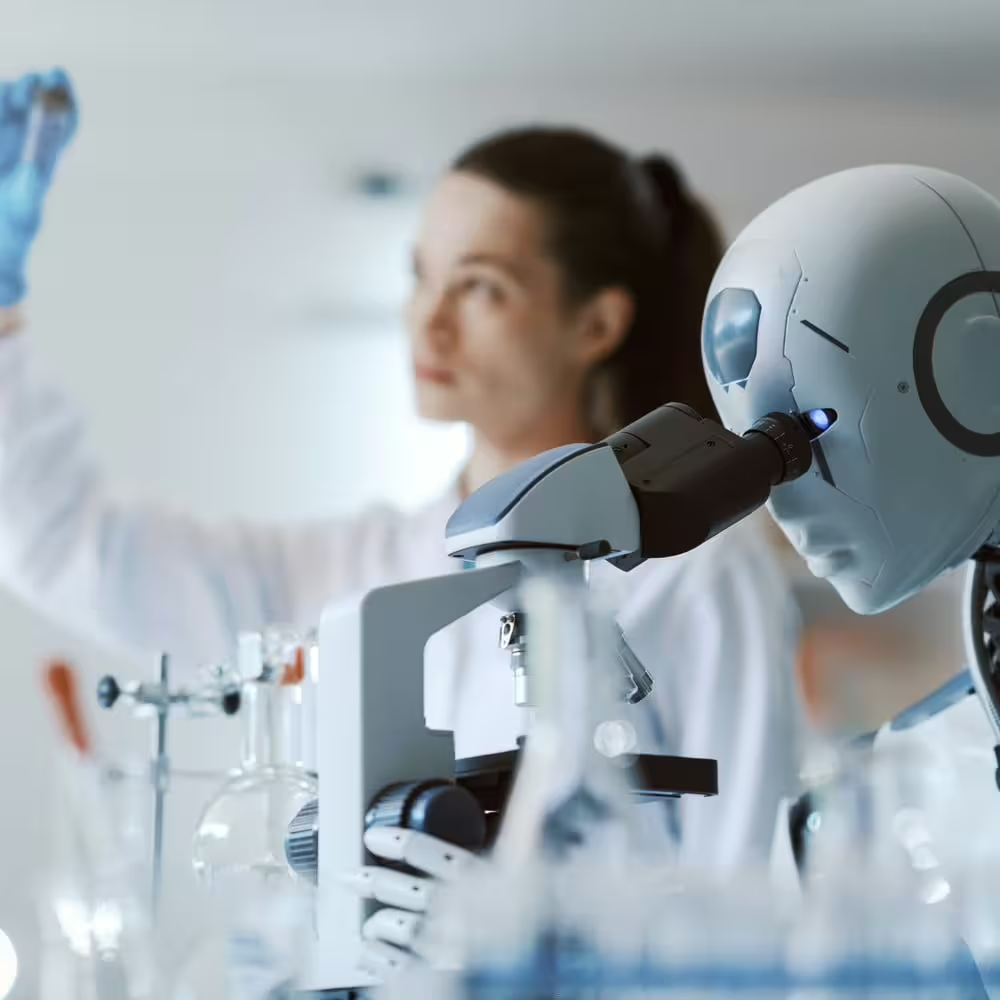
Artificial intelligence (AI) is rapidly transforming the healthcare industry. AI-powered technologies help to improve the accuracy of diagnosis, personalize treatment plans, and monitor patient health. One of the most promising applications of artificial intelligence in healthcare is in the area of diagnosis. Let’s find out more…
In addition to diagnosis and treatment, AI also helps to monitor patient health. AI-powered wearable devices can track a patient’s vital signs, sleep patterns, and other health metrics. This information can identify early signs of disease or other health problems.
Here are some specific examples of how AI helps in the healthcare field today:
These are just a few examples of the many ways about using artificial intelligence in healthcare today. In the coming years, we should expect to see even more inventive and ground-breaking applications of AI in healthcare.
The future of artificial intelligence in healthcare is quite promising. AI has the potential to revolutionize the way healthcare is delivered, making it more accurate, personalized, and efficient. In the future, we can expect to see AI helps in:
The future of artificial intelligence in healthcare is very promising. AI has the potential to revolutionize the way healthcare is delivered, making it more accurate, personalized, and efficient.
AI-powered algorithms can help in analyzing large datasets of medical images and data to identify patterns that may be indicative of disease. This can help doctors to make more accurate diagnoses, especially for complex conditions that are difficult to diagnose with traditional methods.











